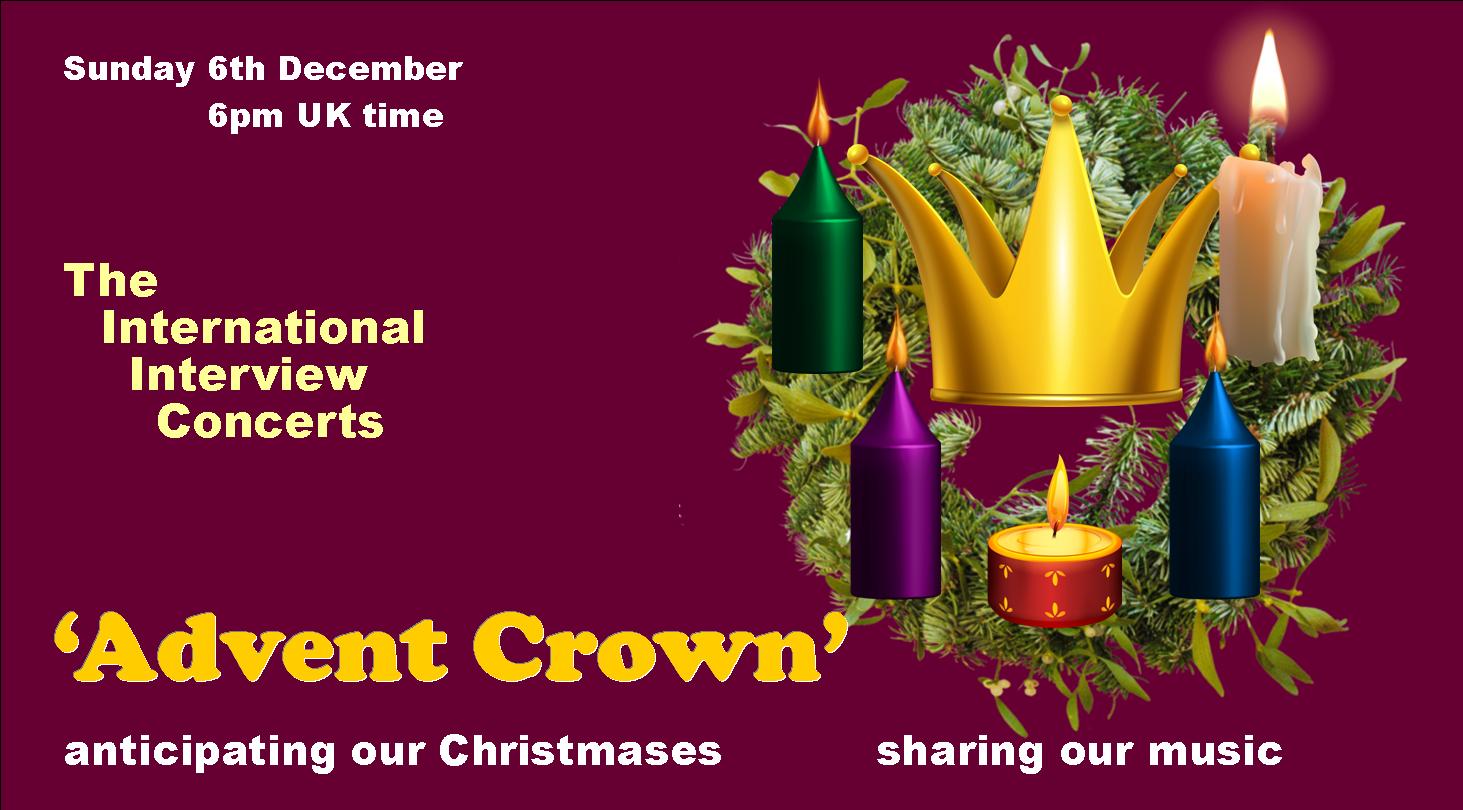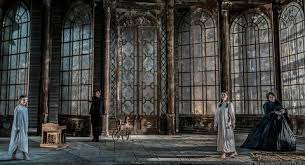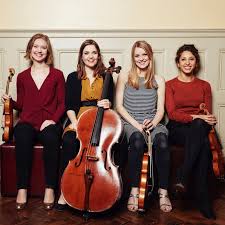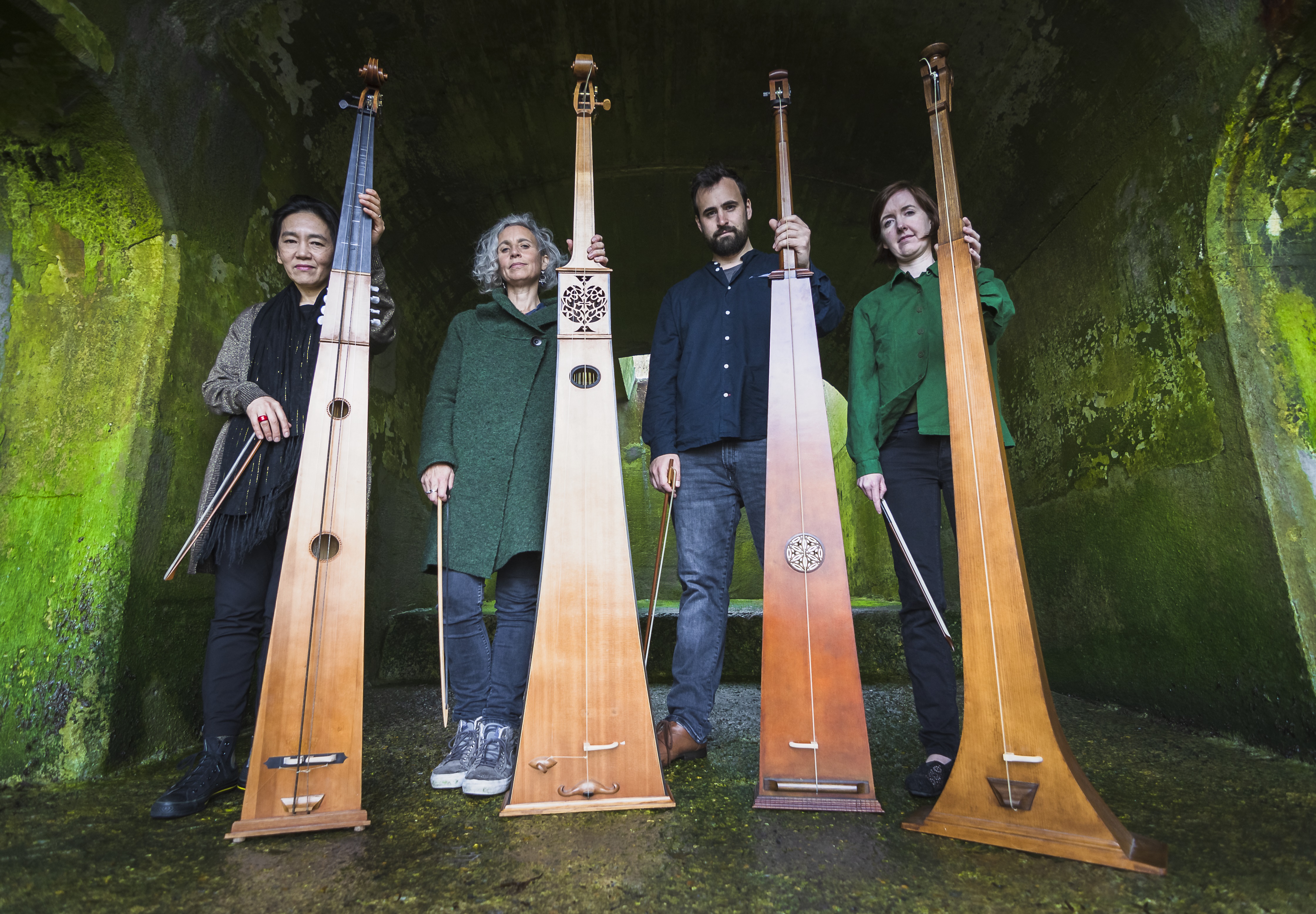Andre Messager: Fortunio
Choeur les Elements, Orchestre des Champs-Elysees, Louis Langree
NAXOS NBD0119V
Another rarity and Messager is hardly well known let alone his comic operas. While this has some lovely music in it, the story line is very slight and possibly a little too risky today. That said, it is well sung and the narrative moves at a good pace.
JAMES MACMILLAN ORGAN WORKS
STEPHEN FARR, Rieger organ of St Giles’ Cathedral, Edinburgh
RESONUS RES10266 56’50
To begin this selection here is a collection of wonderful performances of a range of solo organ works by James MacMillan. Many moods and colours are evoked in this programme and it makes for very enjoyable listening. The works included here date from 1983 until last year and include three pieces written as wedding gifts. Opening with the rhythmic
Kenga e Krushqve, based on an Albanian wedding song and closing with the vibrant Toccata there are further jubilant moments alongside more reflective passages in this well balanced disc.
ALPHA & O: MUSIC FOR ADVENT & CHRISTMAS
CHOIRS OF ST CATHERINE’S COLLEGE, CAMBRIDGE, Edward Wickham, Director
RESONUS RES10268 54’29
A lovely fresh sequence of seasonal music is presented here with real clarity by the chapel choir and girls choir of St Catherine’s. The blend of contemporary settings with plainchant gives a great sense of balance and also of the continuing tradition of devotional choral music. There are a number of premiere recordings included. Full texts and translations are to be found in the accompanying booklet.
DUARTE LOBO MASSES, RESPONSORIES & MOTETS
CUPERTINOS, Luis Toscano, Director
HYPERION CDA68306 70’16
Duarte Lobo (c1565-1646) is regarded as one of the finest composers from the ‘Golden Age” of Portuguese polyphony. Although obviously rooted in a particular time and place, this music also possesses something of a timeless universality. Here are beautiful renditions of motets and a premier recording of Christmas Responsories alongside the two main works Missa Sancta Maria and Missa Elisabeth Zachariae. Extensive notes and texts are provided in this excellent production.
CHARLES-MARIE WIDOR ORGAN SYMPHONIES 3
CHRISTIAN VON BLOHN, organ of St Joseph’s Church, Sankt Ingbert, Germany
NAXOS 8.574206 79’34
Naxos’ extensive Organ Encyclopedia series continues to expand with volume 3 of Widor’s organ symphonies played by Christian von Blohn on this recently restored late romantic instrument. The decision to record here not using a Cavaille-Coll instrument is a welcome one as surely this music should be allowed to travel further afield. These two substantial works both push Widor’s writing in new directions. They are Symphony No 7 in A minor, Op 42 No 3 & the ever popular Symphonie Gothique, Op 70.
FAZIL SAY COMPLETE VIOLIN WORKS
FRIEDEMANN EICHORN, Violin. FAZIL SAY, Piano. AYKUT KOSELERLI, Percussion
DEUTSCHE RADIO PHILHARMONIE SAARBRUCKEN KAISERSLAUTEN
CHRISTOPH ESCHENBACH, Conductor
NAXOS 8.574085. 70’30
This CD contains some very exciting sounds. All of the music here was new to me and I was very impressed by the whole programme. The two most substantial pieces here are the Sonata for violin & piano No2 “Mount Ida”, a very recent work, from 2019, and Violin Concerto “1001 nights in the Harem” from 2007. The composer, who often draws on his Turkish roots, produces some very pleasing music which combines tradition with modernity, retaining melody and a sense of progression but still with much that surprises.
BRIAN GIEBLER – A LAD’S LOVE
BRIAN GIEBLER, Tenor STEVEN MCGHEE, Piano
BRIDGE 9542 70’43
This CD really moves me. It is the debut album from an American singer who has taken on many musical theatre roles to great acclaim. Here he shows how at home and accomplished he is with a very different repertoire. A Lad’s Love takes its title from a song by John Ireland included here. The songs, many from the first half of the 20th Century, explore various aspects of love – young, unrequited, forbidden…and the horror and devastation of war and loss. There is so much here that needs to be heard and understood. Giebler’s sensitive delivery, together with supportive accompaniment from Steven McGhee and the contributions of the other musicians make for a very impressive listening experience. The whole production is superb.
Anton Rubinstein: String Quartets Op 47 No 1&3
Reinhold Quartet
CPO 777 709-2
These are lovely pieces, deeply felt but not over worked and here given highly committed performances by the Reinhold Quartet.
Humperdinck: Music for the Stage
Malmo Opera Chorus and Orchestra, Dario Salvi
NAXOS 8.574177
Though a great lover of Hansel and Gretel I was not prepared for just how good these incidental scores really are. It shows that Humperdinck was far more than a one work wonder and is surely overlooked among the large number of turn of the century composers who were able to turn out such highly melodic scores. The one real rarity here is the suite arranged from Das Wunder – the first full-colour silent film, made in 1912. A real find.
Gershwin: Concerto in F
Kevin Cole, piano, National Orchestral Institute Philharmonic, David Alan Miller
NAXOS 8.559875
This is an eclectic collection of twentieth century American music centred on Gershwin’s piano concerto. John Harbinson’s Remembering Gatsby is a foxtrot for orchestra evoking 1920s dance bands, while Walter Piston’s Symphony No5 draws on twelve-tone techniques while maintaining a sense of joy and optimism.
Twentieth Century Foxtrots – 2
Gottlieb Wallisch, piano
GRAND PIANO
Twenty nine items by sixteen composers and a wonderful range of foxtrots, not all of which you could easily dance to but all of which are certainly worth the time to listen attentively. A lovely disc.




